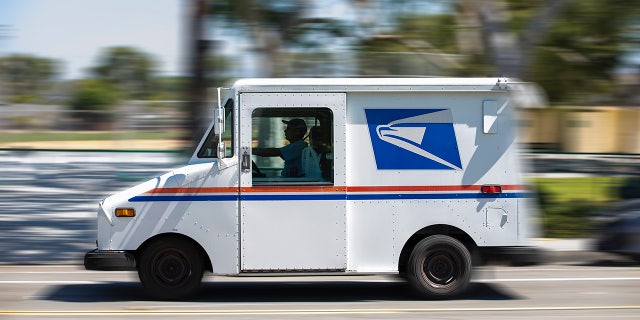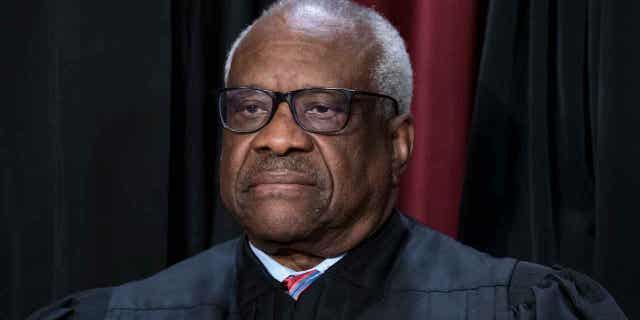The U.S. Supreme Court on Friday agreed to hear a religious liberty case that seeks to make it easier for workers to bring employment discrimination claims when their religious beliefs are not accommodated.
The court will review Groff v. DeJoy, which concerns Gerald Groff, a Christian mailman who says he was wrongfully discriminated against by the U.S. Postal Service after he refused to deliver Amazon packages on Sundays, which he considers to be the Sabbath — a day of worship and rest where work is prohibited.
Groff was employed as an auxiliary mailman in Lancaster County, Pennsylvania, from 2012 to 2019. In 2013, USPS contracted with Amazon to deliver packages and workers were required to take Sunday shifts for weekend deliveries.
Initially he was able to work out an arrangement with his supervisors to transfer to another branch that did not deliver on Sundays. When that branch also began Sunday deliveries, Groff was permitted to miss his shifts provided he could find someone to cover for him. However, Groff was frequently unable to do so and missed over two dozen assigned Sunday shifts.
APPEALS COURT RULES AGAINST CHRISTIAN MAIL CARRIER WHO SUED USPS OVER SUNDAY SHIFTS
The U.S. Supreme Court building.
(AP Photo/Patrick Semansky, File)
Believing that he would be fired for missing Sunday shifts, Groff resigned from his job in 2019. He then obtained representation from the conservative First Liberty Institute, Baker Botts LLP, the Church State Council, and the Independence Law Center, and filed a federal lawsuit against the Postal Service.
Groff contends USPS could have accommodated his beliefs by scheduling shifts so that he didn’t have to work on Sundays. But the 3rd Circuit Court of Appeals held in May 2022 that USPS would suffer an undue hardship if it took further action to accommodate Groff.

A USPS (United States Postal Service) mail truck leaves for a delivery.
(iStock)
Federal law generally prohibits employers from firing workers for their religious practices unless an employer can show that their employee’s practices cannot “reasonably” be accommodated without “undue hardship.” In its 1977 Trans World Airlines v. Hardison opinion, the Supreme Court said an “undue hardship” is imposed on employers whenever the cost of the accommodation is more than a trivial or minimal cost.
The 3rd Circuit decision said USPS had already provided Groff with a reasonable accommodation and that anything more would place an undue hardship on the post office and Groff’s co-workers.
MICHIGAN’S MUSLIM-MAJORITY CITY COUNCIL APPROVES ANIMAL SACRIFICE FOR RELIGIOUS PURPOSES

Associate Justice Clarence Thomas is one of three current U.S. Supreme Court justices who has expressed openness to revisiting the 1977 Trans World Airlines v. Hardison decision, which created an “undue burden” standard for employer religious discrimination claims. (AP Photo/J. Scott Applewhite, File)
(AP Photo/J. Scott Applewhite, File)
Groff wants the Supreme Court to revisit the “undue burden” standard, arguing that it should be easier for employees to bring religious discrimination lawsuits under Title VII.
“No American should be forced to choose between their religion and their job,” said First Liberty senior counsel Stephanie Taub in an August 2022 statement after filing a petition for the Supreme Court to hear Groff’s case. “We are asking the Court to overturn a poorly-reasoned case from the 1970s that tips the balance in favor of corporations and the government over the religious rights of employees.”
“Observing the Sabbath day is critical to many faiths—a day ordained by God. No one should be forced to violate the Sabbath to hold a job,” added Randall Wenger of the Independence Law Center.
CLICK HERE TO GET THE FOX NEWS APP
The case will be heard by a 6-3 majority of Republican appointees on the Supreme Court, who are generally favorable to religious liberty claims. Justices Samuel Alito, Neil Gorsuch, and Clarence Thomas have previously indicated a willingness to revisit the court’s 1977 “undue burden” standard.